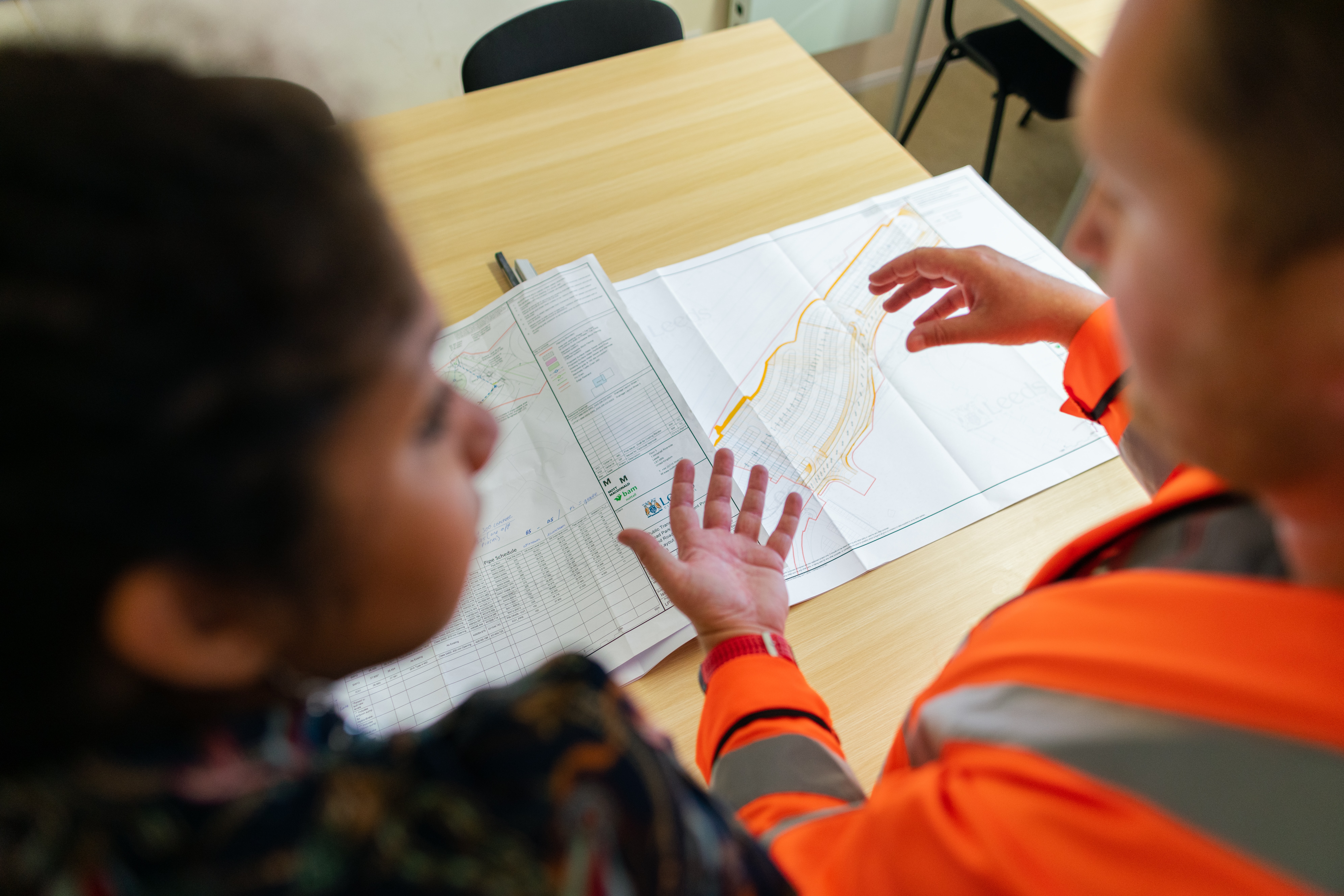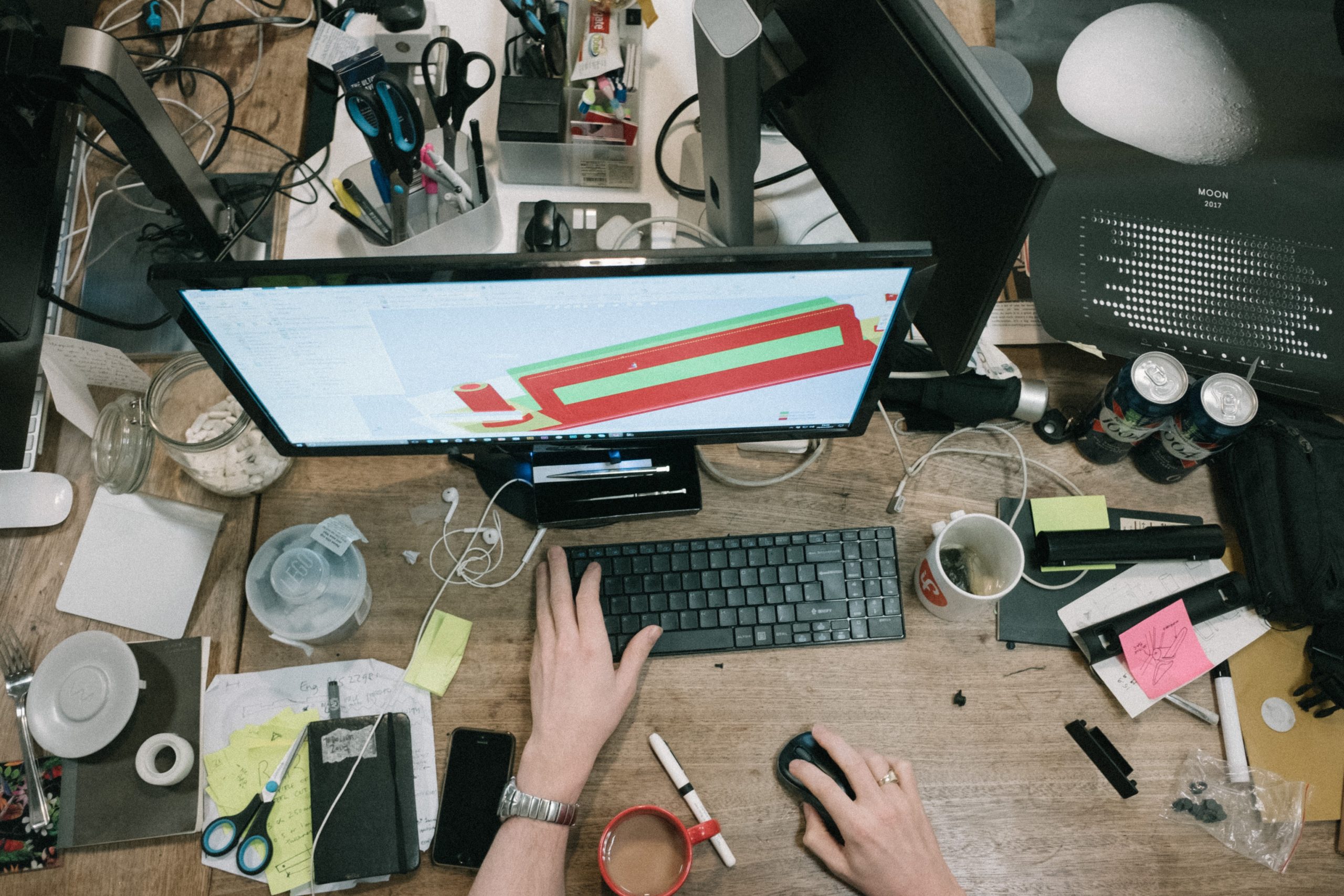
Stepping Out of Your Comfort Zone – Building Resilience in the New Work World

The Third Step of the Faremouth Method is “Step Out of Your Comfort Zone.” Whether you are going into work or working from home, or have already been part of the cutbacks at your office, the Covid-19 pandemic has probably changed your work world in some way, shape or form. You have been forced to step out of your comfort zone where fear and anxiety about your life can be overwhelming. When I was thinking about all the employee and employer concerns I heard this last week, a famous quote came to mind that has always given me hope in my life during times of extreme stress, loss or overwhelm. It’s a quote by Henry Ford that goes like this:
“When everything seems to be going against you, remember that the airplane takes off against the wind, not with it.”
What that quote has always said to me is that we gain great strength and perseverance when we have some extreme challenge to overcome, not when things are easy and comfortable. When we are forced to “Step Out of Our Comfort Zone” is where the real gold is to be found. How do we build resilience and manage job stress effectively to be able to go to that higher place, that growth-oriented space, that new more fulfilling destination?
The following tips are ones that I feel may help you during these fearful times. They are tips that I have heard from a variety of sources which have helped employees and employers cope with having to step out of their comfort zone and build resilience in the New Work World.
1. Increase your sense of control by developing a consistent daily routine when possible,
ideally, one that is similar to your schedule before the pandemic.
- Take breaks from work to exercise, check in with your supportive network which may include colleagues, family, and friends.
- Spend time outdoors, either being physically active or relaxing. Even taking a long walk might be helpful during these difficult times.
- Practice mindfulness techniques that might include meditation, Yoga, prayer, visualization, etc.,
- Do things you enjoy during non-work hours, such as listening to music, cooking, taking an online class that you always wanted to take.
- If you work from home, set a regular time to end your work for the day, if possible.
2. Identify those things which you do not have control over and do the best you can with the resources available to you.
- If you have lost your job, consider updating your resume to highlight skills that may be transferable.
- Come to a realistic understanding that you might have to take a pay-cut in these uncertain times but continue to work hard and prove yourself to be in a position to get that raise and promotion when things do turn around. It’s important to remember to be grateful for the resources that you have available to you. There is a lot to be said for feeling grateful for whatever it is we have in our lives. There is an old saying that what we put into the world will come back to us. As we help others, others will help us.
- Do research of available opportunities to seek the help of a career coach, advisor, or online resources to know what options are available.
3. Take breaks from watching, reading, or listening to news stories, including social media. Hearing about the pandemic repeatedly can be upsetting and mentally exhausting. Make sure you give yourself a break from all the news which may keep you from a positive mindset.
4. Connect with others. Talk with people you trust about your concerns. If you feel you need to seek professional help in a therapeutic setting, do it.
5. Remind yourself that everyone is in an unusual situation with limited resources.
6.Know the facts about Covid-19 and protect yourself and others by sharing accurate information to reduce stress and making a connection with others.
Understand that with the right mindset, support, and belief in your abilities, you will get through this. In the last major downturn in 2009, wonderful new businesses like Air B&B, Uber, and others, were started because of new needs and alternatives brought to the surface. This can be a wonderful time of inspiration and motivation. Sometimes we can be in a career or job where we feel we are unchallenged and complacent. Then when there is a shakeup, we have that opportunity to reassess our own value and turn that into something better than what we had before the shakeup.
Just like the quote of Napoleon Bonaparte, “Courage isn’t having the strength to go on – it is going on when you don’t have the strength.”
Do what you have to do in these challenging times to develop your own inner strength. If you do that and have that solid resolve within, you will survive these challenging times and come out of this stronger, more determined, and dedicated to be the best you can be and even help to make a contribution to help others through the process to become better in our New Work World. We have to have that mindset of feeling grateful, helping others, and doing what we can on a collective basis to turn this entire situation around into something more positive than we’ve ever had before but it will take everyone working as a team for the common cause.
As another famous author, Ara, wrote:
“Maybe it’s not about putting roots down anywhere but driving them so deep in yourself that no matter where you are you’re home.”
Her articles have been published in Oil and Gas Industry related publications and she has extensive experience in the national recruiting world. Mary Ann has a keen understanding of the marketplace and it's specialized needs and requirements.
- Being Creatively Grateful - November 30, 2020
- DO IT NOW – Making Our Dreams A Reality - November 16, 2020
- Reinventing Ourselves to get Into Alignment “Take Me Home” - November 9, 2020






